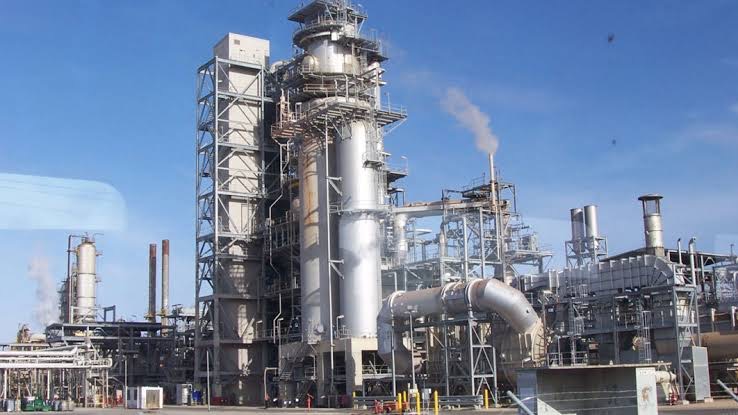The CEO of Gemcorp Holdings Limited, the main shareholder in Angola’s Cabinda oil refinery, stated that the refinery will begin production by April 2025, as the first phase wraps up slightly ahead of schedule despite going over budget.
The refinery will be commissioned in January-February, with its first supplies of fuels reaching the local market in March April, Atanas Bostandjiev, founder and chief executive of Gemcorp, said on the sidelines of the Financial Times Africa Summit. The company owns 90% of the refinery.
The new project, which will be Angola’s second oil refinery, will help make sub-Saharan Africa’s No. 2 oil producer less reliant on costly fuel imports, especially as Angola aims to eliminate fuel subsidies. Investment for the first phase reached about US$500 million – US$550 million, Bostandjiev said, higher than the initial US$473-million estimate, as costs rose due to the Covid-19 pandemic and inflation.

